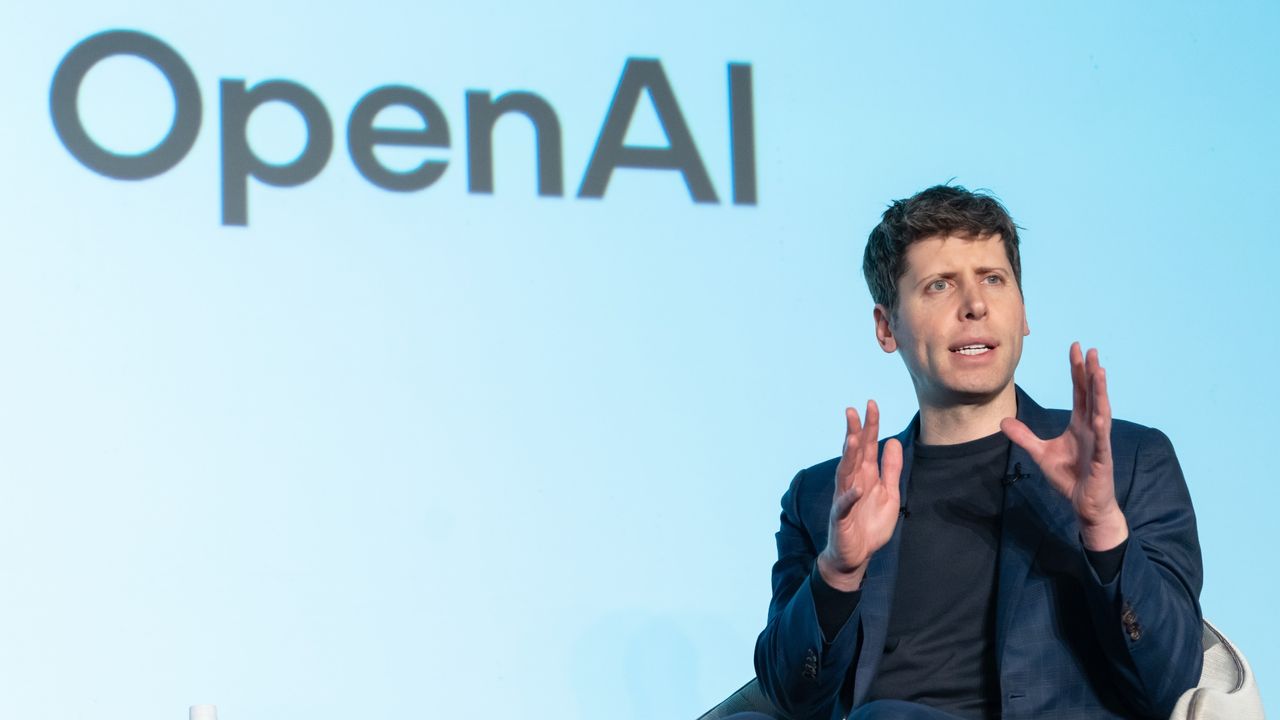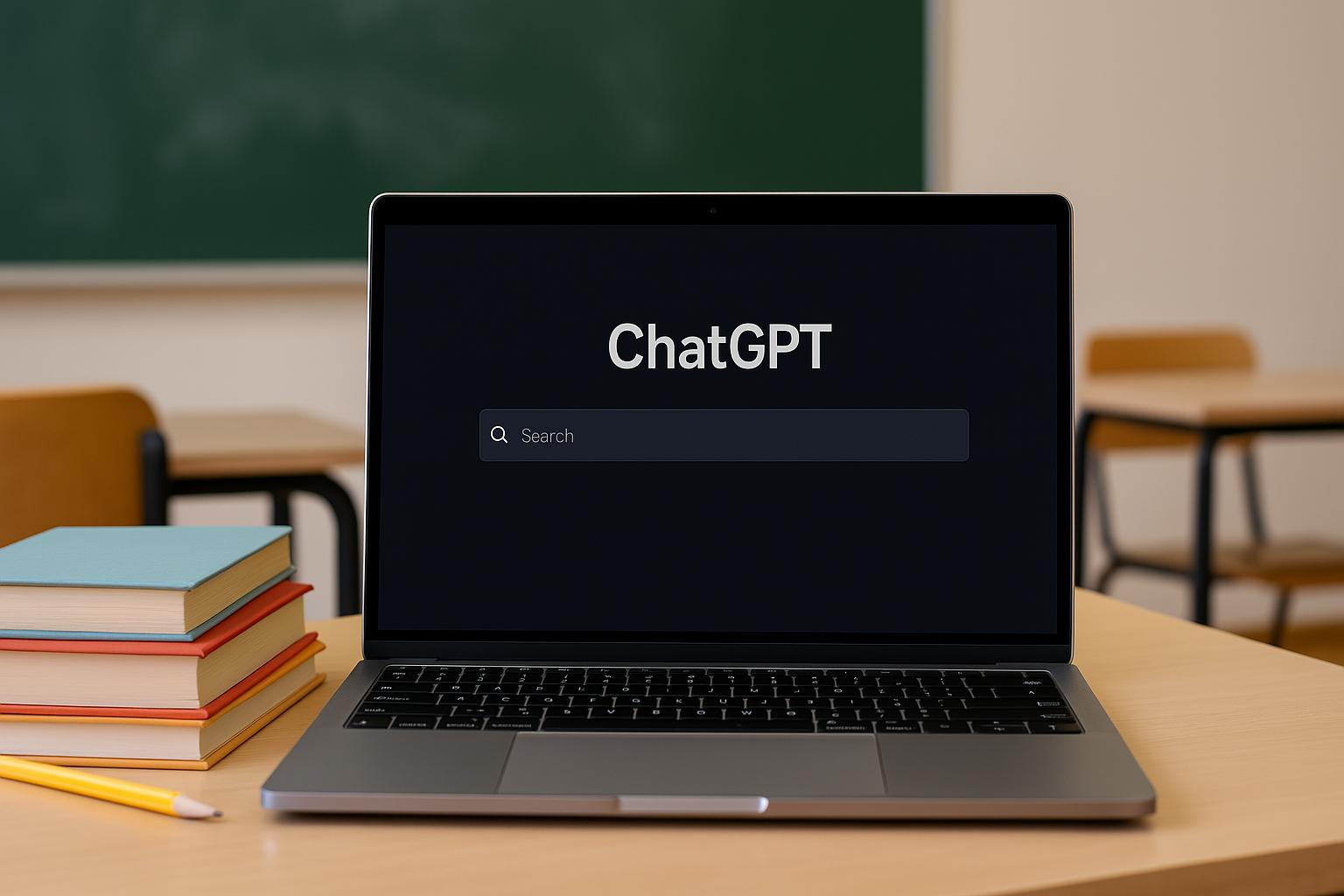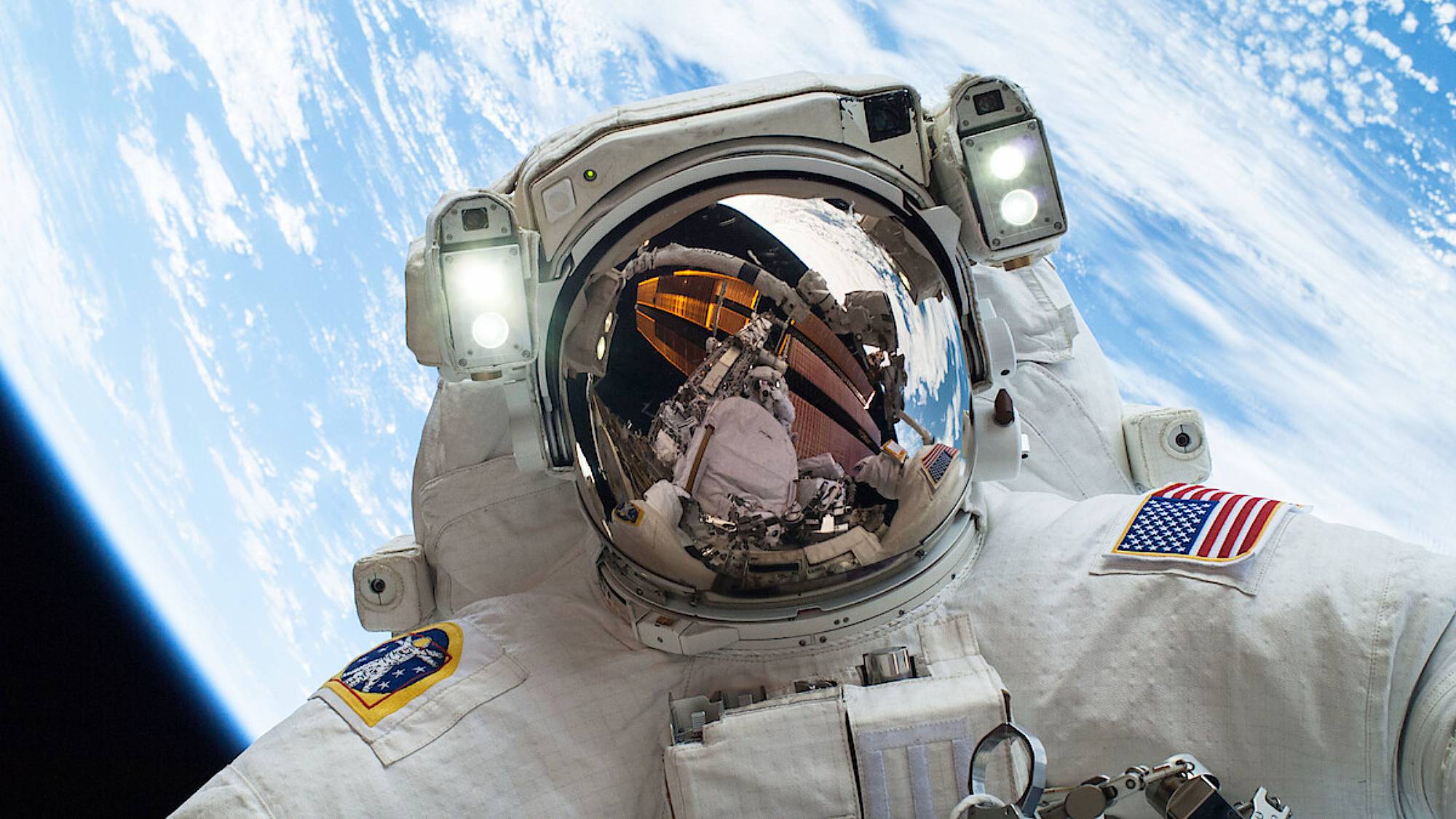
OpenAI CEO Sam Altman believes the next generation of college graduates won’t just be working in offices, their careers could take them to space.
In an interview first reported by Fortune, Altman predicted that by 2035, Gen Alpha graduates may step into “completely new, exciting, super well-paid” jobs that blend space exploration and AI technology.
Speaking with host Cleo Abram on the Huge Conversations podcast, Altman framed today’s college grads as the “luckiest kids in all of history.”
According to him, AI will do more than disrupt the workforce, it will rewire it, creating opportunities unimaginable just a few years ago.
By 2035, Altman envisions young professionals leaving university and heading off on missions to explore the solar system, engaged in highly lucrative and fulfilling careers that blend space and AI technology
From classrooms to the cosmos

In Altman's vision, a 2035 graduate might just as easily be boarding a spacecraft to work on an asteroid mining project as joining a tech startup in San Francisco.
But Altman's prediction isn't universally shared. Former Google X executive Mo Gawdat has warned that AI could wipe out nearly half of entry-level white-collar jobs in the next five years, potentially leaving younger generations scrambling for footing in a volatile market.
Similarly, Anthropic CEO Dario Amodei claims AI will cause mass unemployment but also help us live longer.
On the other hand, Nvidia CEO Jensen Huang offered a more hopeful perspective at the 28th annual Milken Institute Global Conference, encouraging workers to see AI as a tutor and collaborator, not a rival, to unlock new skills and career opportunities.
Why it matters

Altman’s forecast is a provocation to rethink how we define work in the coming decades.
His comments open up questions about where careers could exist, who will benefit from these changes, and how society should adapt.
- Reimagining work. Altman’s comments push the idea that “a job” in the AI era could mean something far beyond Earth.
- Generational shifts. Gen Alpha may benefit from these changes, but Gen Z could face a more turbulent transition.
- Policy and planning. If space-AI careers become reality, education systems, governments and industries will need to prepare for a radically different workforce.
Bottom line
Altman’s vision may read like sci-fi, but it underscores a real shift. AI is advancing so fast that tomorrow’s careers could be unlike anything we’ve known, with some measured in light-years. As a mom of three gen alpha kids, I just hope those high-paying space jobs come with powerful Wi-Fi and a way to do their own laundry.
Follow Tom's Guide on Google News to get our up-to-date news, how-tos, and reviews in your feeds. Make sure to click the Follow button.







